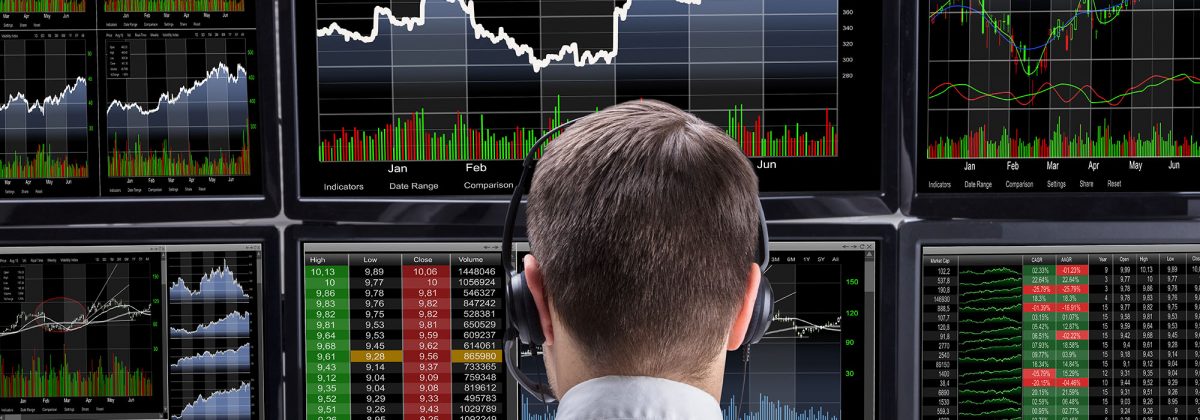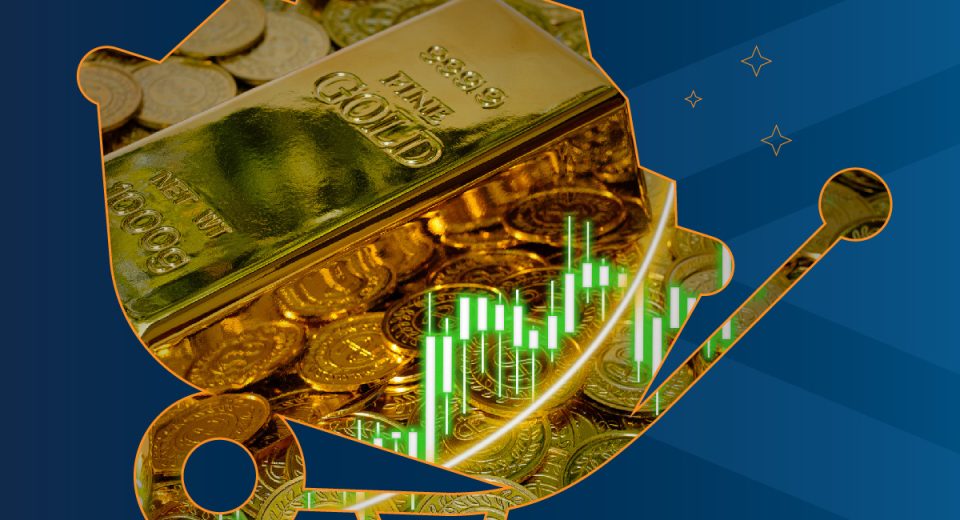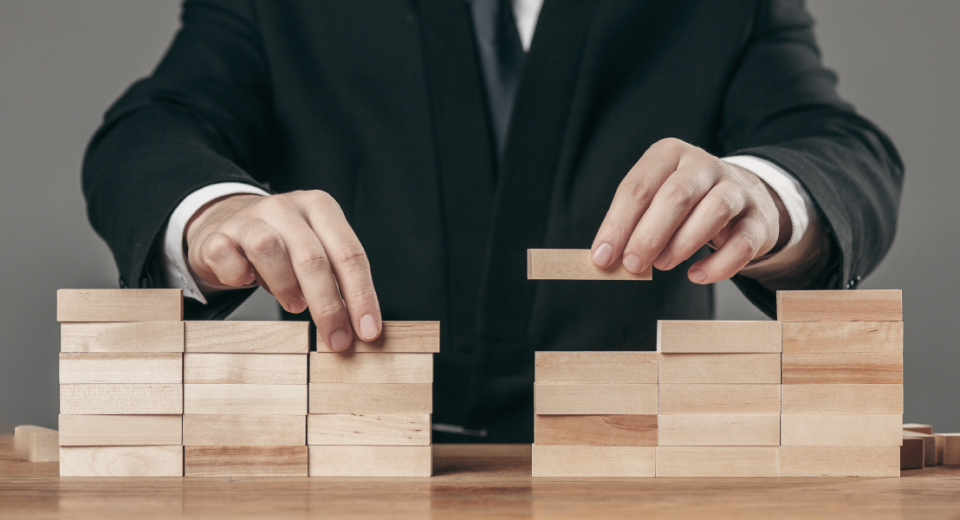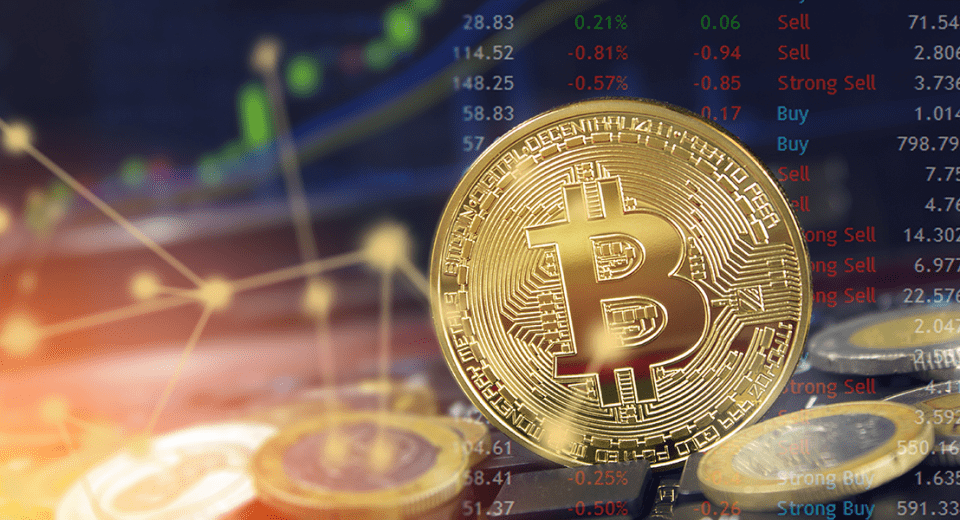There are many elements that come together to make for a successful trader. One is understanding the markets, and another is having access to excellent technology that supports fast execution and market research. A good balance of both factors is essential for success in the field.
Thankfully, technology has seen significant advancements in the past few years, giving traders extensive security and flexibility to perform their job. An important part of the technology setup is the trading screen, where thousands of data points call for attention. For those who are involved in full-time trading, greater detailed access to on-screen information is necessary, since they are taking a lot of risk. It is also important for both good fundamental and technical analysis.
Requirements for Effective Trade Monitor Set-up
Trading monitors provide greater exposure to information, in contrast to smartphones and tablet screens. If one is using it full-time, they might as well take advantage of these features. For multiple-display systems, a strong graphics card is essential. Computer graphics card like Nvidia and Gigabyte, are powerful enough to support additional screens. You might also need adapters and good quality HDMI cables, DP to VGA cable and mini DP to DP cable. These will come in handy if your monitor is not compatible with your computer system.
Another factor to consider is the refresh rate of the monitor. A higher refresh rate will ensure faster loading times. This is beneficial for traders to capture price changes at the right time.
The number of monitors that you intend to connect depends on your trading style and research requirements, as well as the hardware support. High screen resolution is definitely an essential point to consider. Resolution higher than 1080p, such as a monitor with 4K HD features, will require a powerful graphics card. So, invest accordingly. But do remember that having multiple monitors is not a pre-requisite for successful trading; it could even create confusion.
Next, you need a desk mount for the trade monitor set-up. It is important to be comfortable while you watch the screens for long periods of time. So, get something that helps achieve the right posture. Experts recommend monitor stands that are VESA compatible. These come with frames that have standard holes directly drilled into them. For a more unobstructed desk space, a wall mount could be ideal, although this is suitable for more advanced traders with their own office. There are USB monitors, which can be connected to laptops and serve as additional screens during travel.
What is Needed on the Screen?
Now, comes the vital aspect of making the screen useful for the actual job. The job includes comprehensive chart analysis, position monitoring, news alerts, market observation and incubator. It is wise to not overcrowd the screens with unnecessary charts and data tickers. An in-complete view could lead to loss of valuable trade opportunities.
Trade terminals like MT4 or MT5 come equipped with highly customisable charts, with options to see even eight or more charts at the same time. It all depends on your trading style. For scalpers, 5-minute, 15-minute and hourly charts would be useful. Market timers, on the other hand, might prefer daily, weekly or monthly charts.
The top panel on the screen might include important benchmarks, showing data regarding the Dow Industrial Average or Nasdaq indices. Bloomberg Anywhere is considered an industry standard for information, instantaneous executions and robust security features. Forex scanners, such as Finviz Elite and The TradeXchange, are known for quick news alerts and live audio features.
The left side of the screen may contain market movers; the currency pairs that are surging or stocks that have been the greatest winners or losers for the day. The centre space should always be reserved for the primary timeframe of trading. The right side of the monitor can be used for the next timeframe chosen for trading. The centre right panel could also contain the summarised portfolio view of long-term positions.
All these features are customisable and change from one terminal to other. On the whole, the trading screens should be well-organised, keeping in mind certain factors:
- Intraday market actions should be visible easily, so that decisions can be made quickly.
- Conditions that can lead to sudden price reversals, sell-offs or rallies should be highlighted.
- In case of multiple charts, alarms should be added to notify in case the price crosses a certain level.
- Having a chat room where you can gain quick inputs from colleagues or fellow traders.
- Presence of widgets is good, since multiple tools can be organised on one chart in a clean and effective manner.
Good Trading Monitors in the Market
The market is full of powerful monitors with great contrast levels and crisp resolution. Here are some good options for forex traders:
1. LG 29UM68-P 29″ UltraWide IPS Monitor
A wide 29-inch screen makes it easier to get a detailed view of charts and other functionalities at the same time. This IPS monitor, known for great colours and picture depth. The monitor also supports power conservation and can be connected to various systems.
2. Dell UltraSharp U2412M
Known for its ergonomic features, this lightweight screen is suitable for traders on-the-go. It has good screen resolution and is wide enough to serve all purposes. Many connectivity options are included to provide flexibility to traders.
3. Dell UltraSharp 2709W
This is a VA monitor, which accounts for a spectacular contrast ratio. This is a desirable feature for day-traders, who can monitor their positions even in natural daylight. It has wide-screen features, which is great for forex trading.
4. Acer Predator 34″ Curved Monitor
This screen is curved and visible from multiple angles, combined with a great lighting system. It is a robust platform to monitor forex positions effectively and has multiple connectivity options and great colours.
5. ASUS 32” PA328Q Professional Monitor
Unique eye-care technology, combined with TUV certified Flicker free features, reduce eye-fatigue and headaches for full-time traders. With a refresh rate of 76Hz and screen resolution of 3840×2160 pixels, it is one of the best trade screens in the market.
Reference Links





